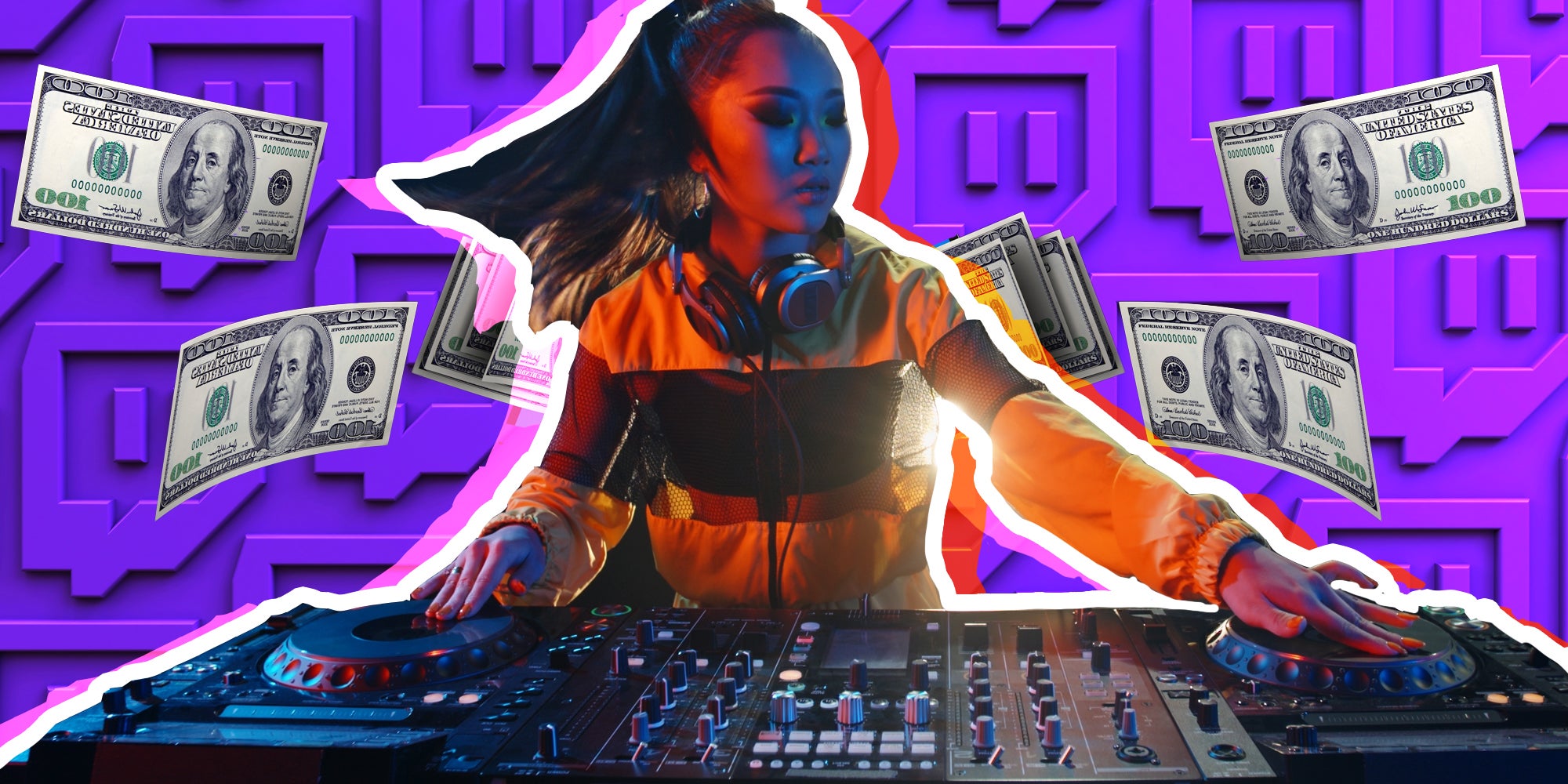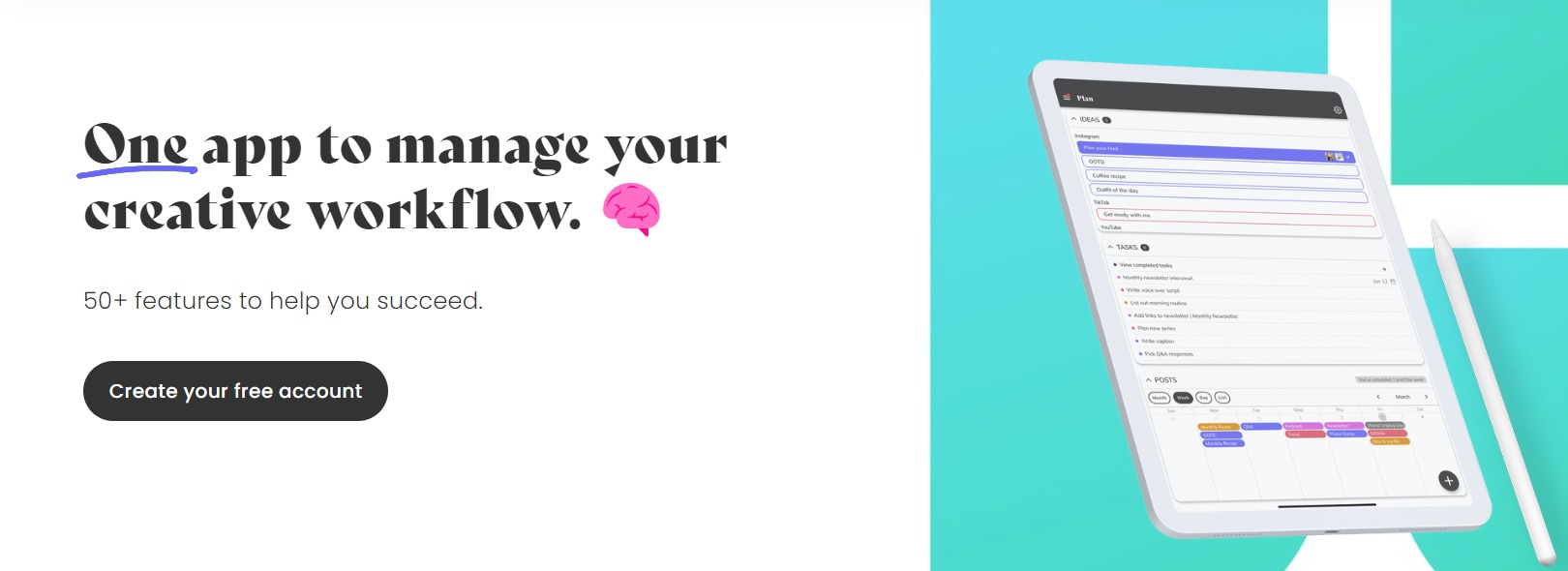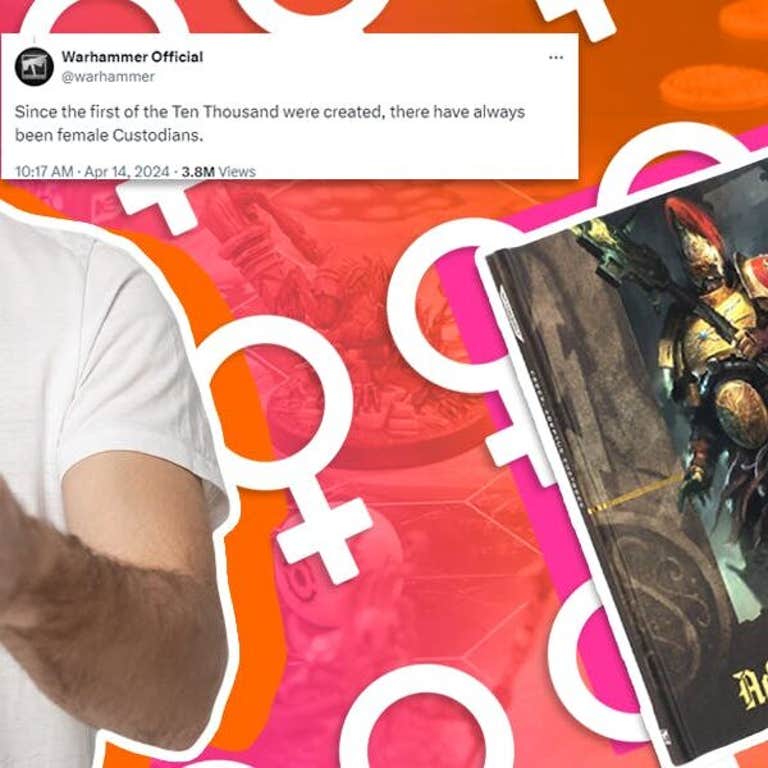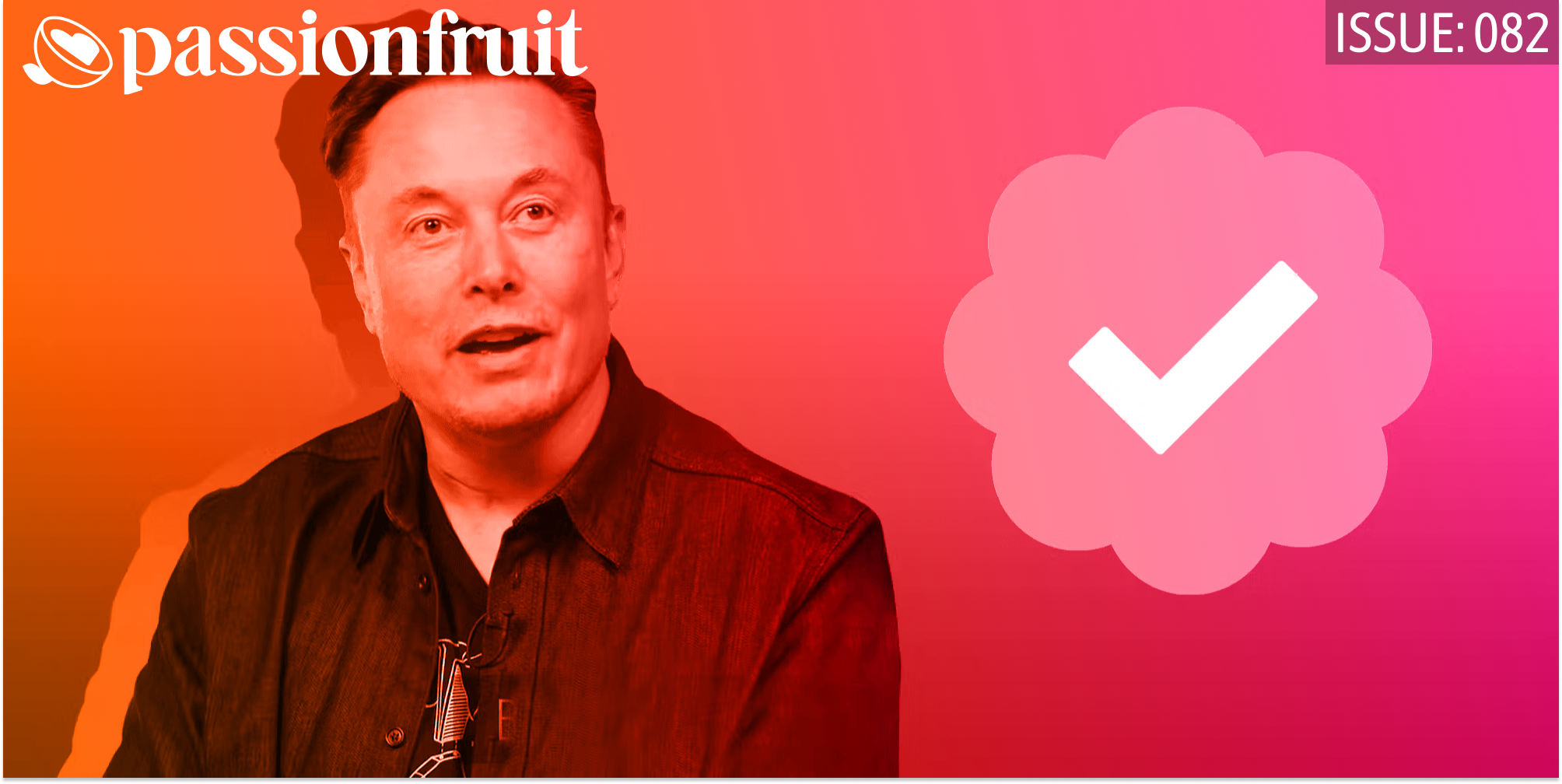CREATOR NEWSLETTER
Issue #230 | April 18, 2024
THE COMMENTS SECTION
“We disagree on what my job is.”
—Marques Brownlee (@MKBHD) responding to criticism of his review of the AI Pin.
– Drew Grant, Editorial Director
NOTED BY LON HARRIS
Twitch DJs Will Have to Start Paying Record Labels
The days of copyright-free Twitch dance parties are coming to an end.
By Lon Harris, Passionfruit Contributor

SPONSORED

Need help staying organized as a creator?
Rella’s free project management software was built by creators to help streamline your creative output from idea to production, and when it comes time to monetize, Rella’s paid platform can help you keep track of campaign performance, invoices, proposals, and more. Give structure a try, you’ll be shocked at how much easier it is to be creative when your process is already taken care of.
IN THE BIZ
- Snapchat launched a new AI watermarks feature to ensure transparency by marking content generated by its AI tools, including visual indicators and metadata, to help users identify AI-created images and protect against misinformation.
- Substack has revamped its Notes feature to include capabilities like post embedding on external websites and multimedia support, enhancing its functionality and discoverability, and marking its first anniversary as a significant revenue generator for creators.
- Kickstarter introduced ‘Late Pledges’, allowing creators to continue raising funds indefinitely after their campaigns officially end, simplifying the process by integrating it directly on the platform instead of relying on third-party services.
- TikTok updated its shadowbanning policies to make temporary content recommendations ineligible if they repeatedly violate standards for the “For You” feed, potentially affecting creators who post content related to sensitive topics like mental and sexual health. This move aims to maintain a safer, broader audience-friendly feed, but the vague criteria could pose challenges for content creators.
CULTURE
Warhammer 40K Controversy Explained: Is the Imperium Going Woke?
Even in the 41st millennium, you can’t escape woke discourse.
By Steven Asarch, Passionfruit Contributor
TIPS & TRICKS
How To Set Up Google AdSense Payouts For Your Creator Website Or Blog
It’s time to get paid by AdSense on your website.
By Rachel Kiley, Passionfruit Contributor
WHAT WE’RE WATCHING
- Popcorn in Bed watched the 2000 film “X-Men.”
- Emme Reacts watched season 1, episode 8 of “Invincible.”
- The Media Knights watched 2011’s “The Thing.”
- BluTube watched season 1, episode 1 of “Fallout.”
YOUTUBE MADE ME DO IT
We’re loving watching one of our favorite Aussie podcasters Mr. Sunday Movies dissect the “Mad Max” franchise, including this breakdown of “Mad Max: Beyond Thunderdome.” Go subscribe to their content at bigsandwich.co.

Copyright © 2024 Passionfruit, All rights reserved.
You are receiving this email because you signed up to get the latest tips, tricks,
and trends in the creator economy from Passionfruit.
Have an idea for our next big story or want to get featured? Email us at tips@passionfru.it
Don’t want to hear from us anymore?
Click here to unsubscribe
To view in your browser click here





